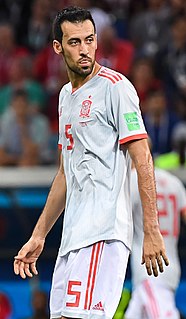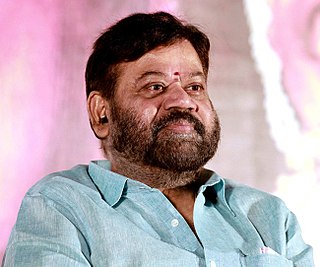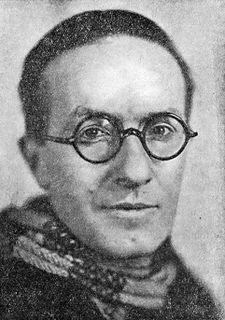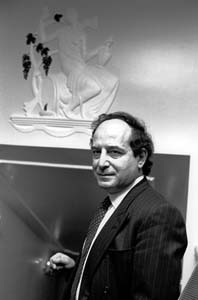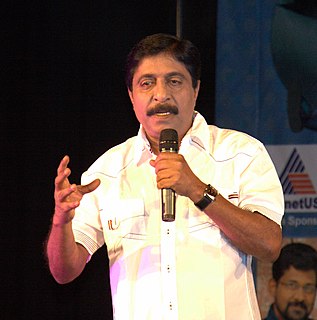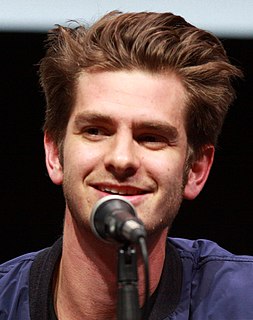A Quote by Sergio Busquets
Figo was my hero. Then he joined Madrid. Barca fans hated him for that. It was impossible for him to be a hero any more, but now that I'm a professional, I see things differently.
Related Quotes
It concerns me when I see a small child watching the hero shoot the villain on television. It is teaching the small child to believe that shooting people is heroic. The hero just did it and it was effective. It was acceptable and the hero was well thought of afterward. If enough of us find inner peace to affect the institution of television, the little child will see the hero transform the villain and bring him to a good life. He'll see the hero do something significant to serve fellow human beings. So little children will get the idea that if you want to be a hero you must help people.
When you see the violence of Hollywood movies, there is a tendency that the hero is combating and confronting many people, without much harm to himself. But in my films, the hero takes a lot of hits so the very act of the hero being the one on the receiving end, makes the audience cheer and connect with him.
You can do everything differently in a novel. Hero narrates the novel; we're in his head. You're hearing all his thought processes and you're hearing him call himself out on his bad behavior. You don't have the benefit of that narrator in a movie. What you see a character do, very often, becomes that much more important because you don't have him editorializing it for you.
A man can be a hero if he is a scientist, or a soldier, or a drug addict, or a disc jockey, or a crummy mediocre politician. A man can be a hero because he suffers and despairs; or because he thinks logically and analytically; or because he is "sensitive"; or because he is cruel. Wealth establishes a man as a hero, and so does poverty. Virtually any circumstance in a man's life will make him a hero to some group of people and has a mythic rendering in the culture - in literature, art, theater, or the daily newspapers.
The monster does not need the hero. it is the hero who needs him for his very existence. When the hero confronts the monster, he has yet neither power nor knowledge, the monster is his secret father who will invest him with a power and knowledge that can belong to one man only, and that only the monster can give.
There's a million and one things an actor can do with a villain. He can go for all kinds of quirks and tricks. The hero is much harder to define for an actor. When you play a straight role or a hero, you're kind of stuck, It's much more difficult to give a good guy interesting qualities or to make him unusual.
